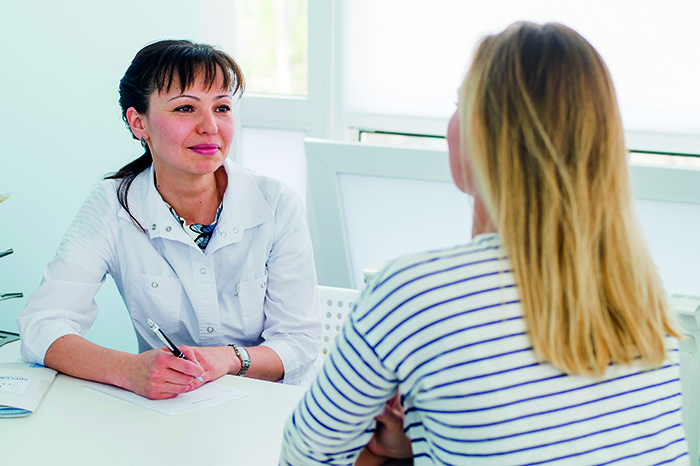Ever wondered what GPs and other health experts really think when it comes to staying well? We’ve spoken to six experts to bring you insider knowledge and top tips.
THE GYNAECOLOGIST
Dr. Tania Adib is consultant gynaecologist and gynaecological oncologist at Queen’s Hospital, London. She also works at the Breast Cancer Haven and Twenty-Five Harley Street (adib.org.uk).
‘I always advise women to see a gynaecologist once a year. That way any problems can be picked up early. A lot of women put up with symptoms such as heavy periods, pelvic pain, PMS and menopausal hot flushes, thinking that these are just part of life. Yet, there’s no need to suffer, as there are so many treatments available.
I also tell friends to have a smear test every year. I just think it’s the cost of a new handbag (a smear test at Twenty-Five Harley Street, for example, is £99) yet the potential health benefits are huge. At the moment, smear tests on the NHS are only offered every three years to women aged 25-49, every five years to women over 50, and only to women over 65 who haven’t been screened since age 50 or who have recently had abnormal tests. But, I see so many problems on the cervix and if you catch things early, they’re so much easier to treat.
THE HEART DOCTOR
Dr. Chidi Ngwaba specialises in heart health and lifestyle medicine (drchidi.com).
‘The number one thing I always tell my friends and family is to take a daily vitamin D3 supplement of at least 10mcg/400iu,’ says Dr Ngwaba. ‘It’s the first thing I do myself every single day. Most of us simply don’t get enough vitamin D, especially during the winter months. However, we need vitamin D to stay healthy in so many ways.
Research shows that a deficiency may be linked to health conditions such as diabetes, musculoskeletal disorders, depression and weight gain, among other things. Studies also show that the anti-inflammatory properties of vitamin D may have a protective effect on the cardiovascular system.








